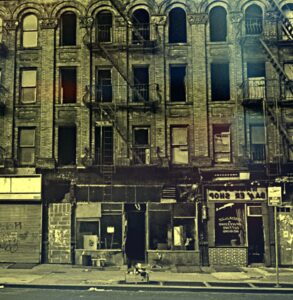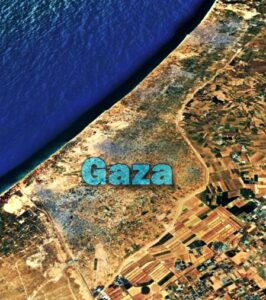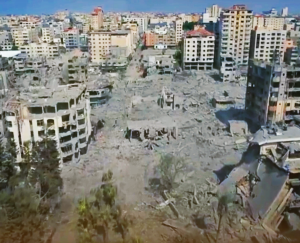Podcast: Play in new window | Download
I Dare Say: A Gerald Horne Reader
Angela Davis once stated “radical simply means grasping things at the root.” This makes understanding possible. What are the roots of our present dilemma? Where did capitalism come from? And what accounts for its great success? Where did racism come from? When was it implanted? Why are alternatives to the capitalist Democratic and Republican parties so feeble?
What did Malcolm X really stand for and what did he try to accomplish before he was assassinated at age 39, the same age that his contemporary Martin Luther King was assassinated five years later? How does this contribute to the weakness of our movement?
This weakness can be traced back most immediately to the anti-Communist witchhunt of the 1940s and 1950s and the destruction of the left-wing; of our once powerful trade unions beginning in 1947.
The danger that Malcolm X. presented to the powers that be are best understood by his internationalism, his reaching out to leaders in Africa, his desire to go to the United Nations to mobilize against American racism.
Today’s political activists are drawn to the works of historians to appreciate where we are at, how we got here, and what to do next.
Guest – Gerald Horne has written about these profound events. His reader I Dare Say has just been published by OR books. Cornell West called Gerald Horne is “one of the great historians of our time.“ Horne approaches his study of history as a politically engaged scholar with an insightful and necessary partisan stance. He graduated from both the University of California law school and Columbia University where he got his PhD in history. Horne has been active as a leader of the National Conference of Black Lawyers and is the author of 40 books as far reaching as the origins of capitalism, racism, settler colonialism, boxing and jazz. He is currently a chaired professor of African-American history at the University of Houston.
—-
Attorney Michael Deutsch on Repression of the Pro-Palestinian Movement
Historically, when the people of our nation rise up in massive opposition to policies and actions undertaken by their government that are deemed essential to its foreign or domestic policies, various governmental agencies invariably begin the process of trying to shut down or seriously weaken the peoples’ movements against those policies and actions. That’s what happened in the 1960’s and early ‘70’s, during the movement against the U.S. war in Vietnam. In the ‘60’s when the movement for civil rights was so active in our nation. Or more recently in response to the movement on behalf of immigrants’ rights. And so it is not surprising that the pro-Palestinian movement in the United States, which in the wake of how Israel is conducting its war in Gaza, has exponentially increased in size and in public view, would immediately become the focus of renewed governmental, as well as private, repression in America. Colleges and universities shut down groups like Students for Justice in Palestine and Jewish Voice for Peace; college presidents were called to testify before Congress about what they were, or were not, doing to combat alleged increases in anti-Semitism on their campuses; the U.S. House of Representatives initiated, and continues, an investigation of the pro-Palestinian movement; private employers have withdrawn job offers to students and others who joined the anti-Israel protests; and authors and speakers deemed too supportive of the Palestinian cause continue to be disinvited or banned from speaking at public forums.
Secrets And Lies: The Persecution Of Muhammad Salah
Often, governmental efforts to intimidate or undermine these peace and social justice movements include actions that are not visible to the general public. Secret actions. Actions such as sending undercover agents into the targeted protest groups in order to disrupt the group. Electronic spying on the groups and group leaders escalates. And, as the case with the movement now protesting Israel’s actions in its war in Gaza, a war backed by the United States both politically and militarily, various U.S. policing agencies are now consulting with, visiting with, and working in concert with governmental agencies in Israel.
Guest – Michael Deutsch, a lawyer with the famed human and civil rights People’s Law Office in Chicago, Illinois. Michael has also served as the Legal Director for the Center for Constitutional Rights in New York City. In the course of his career, he has been a criminal defense lawyer for the rebelling prisoners at Attica, and later was a coordinator in the Attica civil lawsuit where, after two decades of litigation there was a settlement of 12 million dollars in damages. Mr. Deutsch has also represented Black Panther Party members, Puerto Rican Nationalist prisoners in the 1950’s, who won an unconditional sentence commutation from President Carter in 1979; and more recently Michael represented Rasmea Odeh, the Deputy Director of the Arab-American Action Network, a former Palestinian prisoner and torture survivor.
——————————————-




